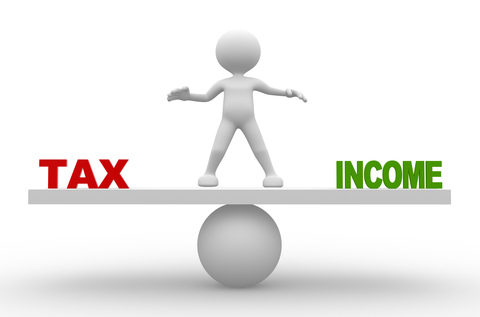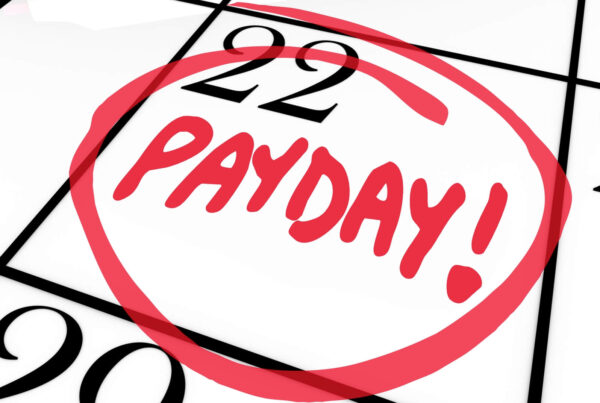
Income tax paid under PAYE
PAYE stands for Pay As You Earn. As the name suggests, this means that every time your employer pays your wages or salary they must deduct tax on your behalf and file and return it to Revenue. The PAYE system was devised to make it easier for employees and directors to pay their tax by spreading payment evenly over the tax year, rather than having to face a single tax bill once a year.
PAYE is operated on the basis of a tax year. Each tax year starts on the 1st January and ends on the following 31st December.
You start to pay tax from your first payday. The amount of tax you pay depends on your level of pay and the amount of tax credits you are issued. If your tax credits on any payday are in excess to your gross tax you don’t pay tax on that payday. If your gross tax is more than your tax credits you pay tax on the difference.
If you start work in (say) the 27th week of the tax year your employer will calculate your gross tax on your wages, but you will have 27 weeks tax credits to offset against this liability, this will continue till you utilise all your unused tax credits.
For more details on details about your personal tax visit this Revenue page >> (Source: Revenue)
For regular tips, tricks and payroll updates, enter your email on our site, OR follow us on Twitter, Facebook, Google+, or LinkedIn
All the best,
The Team at Jefferson




